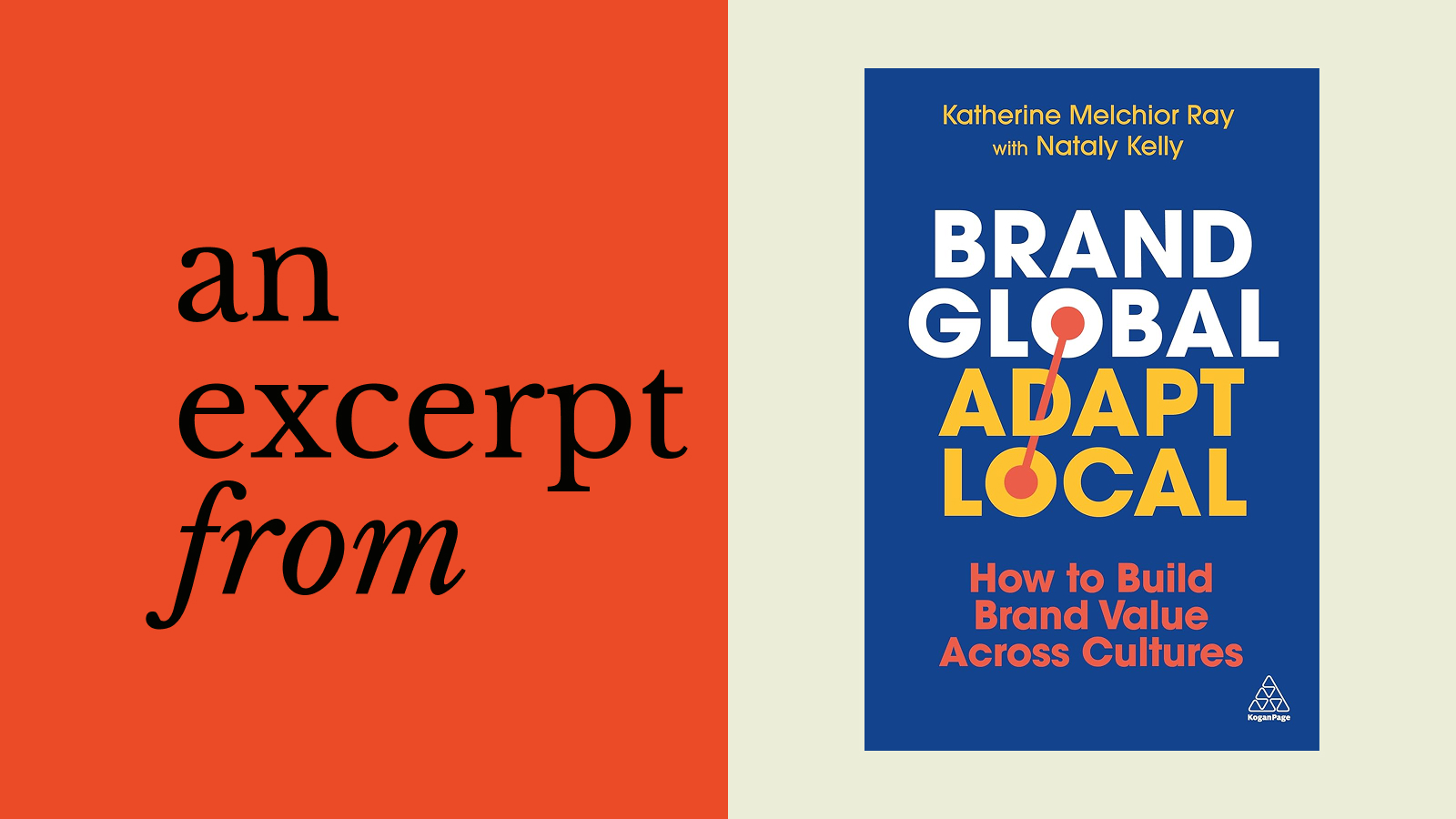Tech expert Michael Schrage calls voicemail “an anachronism” whose time has come and gone. Could e-mail be next? The author of The Innovator’s Hypothesis explores different modes and styles of communication looking toward the future.
Michael Schrage: I’ve been very interested in voicemail because, like many people, you know, when it first came out I immediately hung up the phone. I didn’t want to leave a message. And then, of course, I became upset when people didn’t have voicemail so I couldn’t leave a message. And then much to my shock and horror, I became upset when the person I had called answered the phone because I didn’t want to speak to them. I just wanted to leave a message. And I thought that voicemail was a very interesting genre of communications. But as we went forward and as corporate voicemail took hold and then as texting and other forms of communication, e-mail, et cetera, and mobile devices materialized. It became clear that voicemail was, deservedly so, an anachronism. It was more and more work, less and less efficient for the value derived. And so I think going forward one of the most interesting things that we’re going to see is how people have different technology communication styles. Increasingly I believe you’re only going to have conversations, voice conversations with people who you know and you’re going to use texting and e-mail to set up a conversation before you have a voicemail, or, excuse me, real-time conversation with them. I think voicemail is an anachronism.
I don’t think people want to listen to 15 or 20 messages. I think they’re happy to scan 15 or 20 texts. So I think we’re in a stage where basically you’re going to tell a lot about somebody’s personality whether they want to communicate with you via e-mail, via text, or they want to talk with you on the phone. And the last quasi-useful thing I can say on this is this is really a demographic phenomenon. I don’t think there’s anybody I know under the age of 30 who listens to their voicemail. And I think most people over the age of 50 are just too tired to go through their cues of voicemail. Voicemail is a great idea whose time has come and it’s gone. So Coke pulling the plug on their voicemail system, I don’t think people will care. In fact the irony is for the majority of people they already have a voicemail system. It’s through their mobile phone provider. Corporations are going to get out of that kind of a business. And I’ll go one step further. I think the era of corporate e-mail is going to vanish too because I think people are using LinkedIn and Facebook, Yammer and other “enterprise social media platforms” to manage interaction. Yes, I think everybody will always have an e-mail address, but in terms of time invested and time spent I think within the decade e-mail is going to sound and smell suspiciously like voicemail as a platform for where work gets done.
Directed/Produced by Jonathan Fowler, Elizabeth Rodd, and Dillon Fitton





